Intellectual property holding companies – tax
For years, we have warned against merely housing intellectual property (IP) in IP holding companies located in low tax jurisdictions. Our position has always been that merely parking IP in an offshore vehicle will not trigger any tax benefits. This principle has found clear expression in the 2014 Guidance on Transfer Pricing Aspects of Intangibles published by the OECD on 16 September 2014:
“While determining legal ownership is an important first step in the analysis, that determination is separate and distinct from the question of remuneration under the arm’s length principle. For transfer pricing purposes, legal ownership of intangibles, by itself, does not confer any right ultimately to retain returns derived by the MNE group from exploiting the intangible, even though such returns may initially accrue to the legal owner as a result of its legal or contractual right to exploit the intangible. The return ultimately retained by or attributed to the legal owner depends upon the functions it performs, the assets it uses, and the risks it assumes, and upon the contributions made by other MNE group members through their functions performed, assets used, and risks assumed. For example, in the case of an internally developed intangible, if the legal owner performs no relevant functions, uses no relevant assets, and assumes no relevant risks, but acts solely as a title holding entity, the legal owner will not ultimately be entitled to any portion of the return derived by the MNE group from the exploitation of the intangible other than arm’s length compensation, if any, for holding title.”
Considering that the typical IP holding company only pays a few thousand Rand to register trademarks, and does little more, its arm’s length compensation for holding title can be little more than 15% or so of the trademark registration costs per year – a return that yields no material tax benefit for any of the parties. In fact, the regulatory cost to maintain the offshore IP holding company will generally exceed any tax benefit that may be derived.
Does this change where the IP holding company funds ongoing R&D?
If the IP holding company merely provides funding, no. Where R&D is outsourced, it is expected that the contractor operates under the direction or control of the legal owner, i.e. that the IP holding company directs or controls development, enhancement, maintenance, protection and exploitation of the intangibles. If the IP holding company fails to do so, it is merely entitled to a risk-adjusted rate of anticipated return on its funding, but not more.
